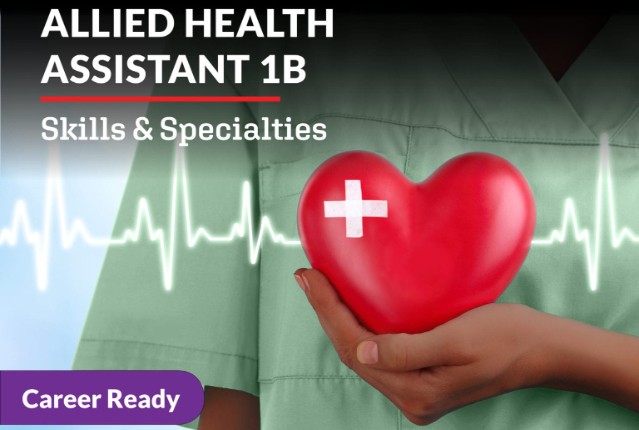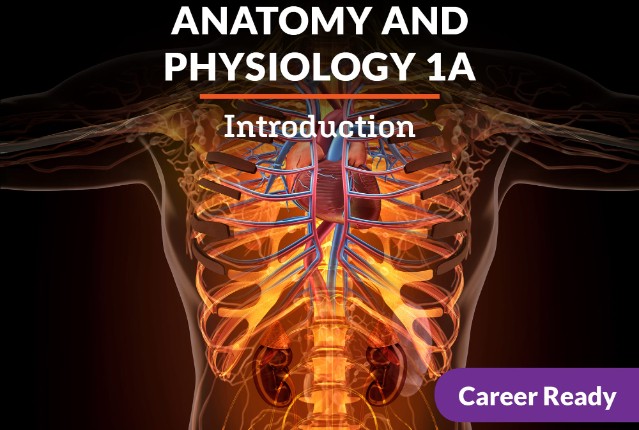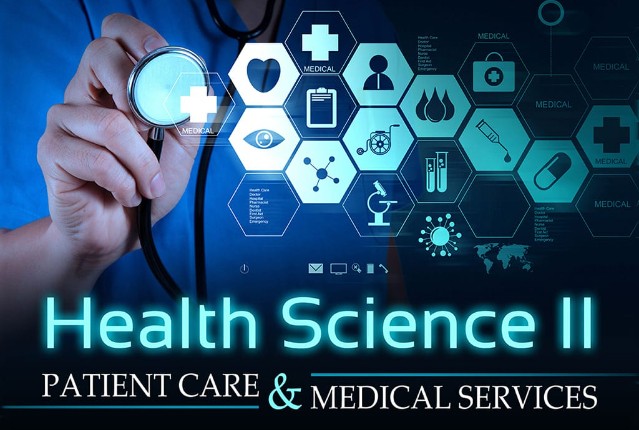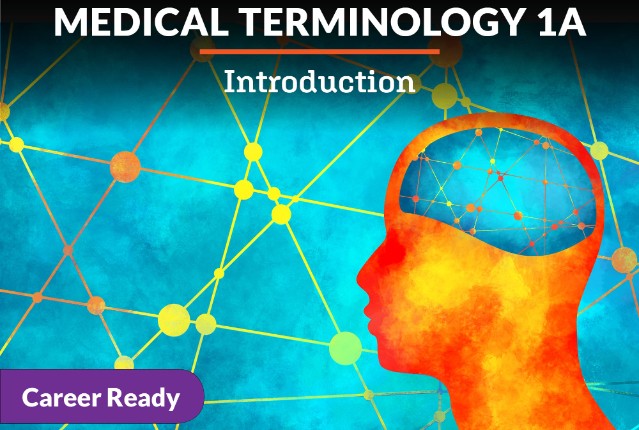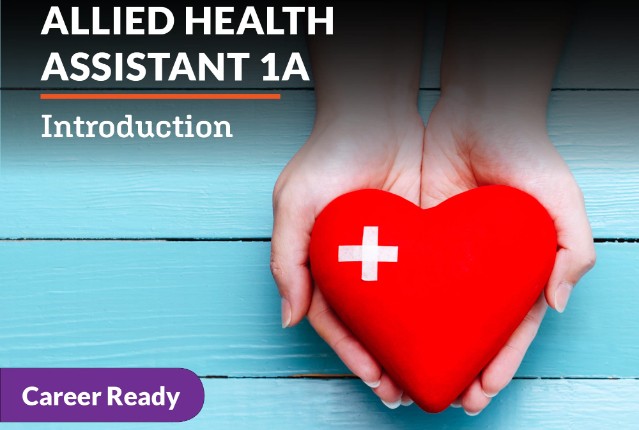
Allied Health Assistant 1a: Introduction
Are you passionate about helping people and making a difference in their lives? If you’re planning on going into the healthcare field, then this course is for you! Explore your options by learning how to properly care for your patients and provide for the administrative needs of healthcare. Learn to prepare exam rooms, schedule, bill, and document all while solidifying your professional skills in communication, privacy, safety, and ethics.
Review course outlineAccess for a year
USD 299.00*
* Choose more courses to get a discount
